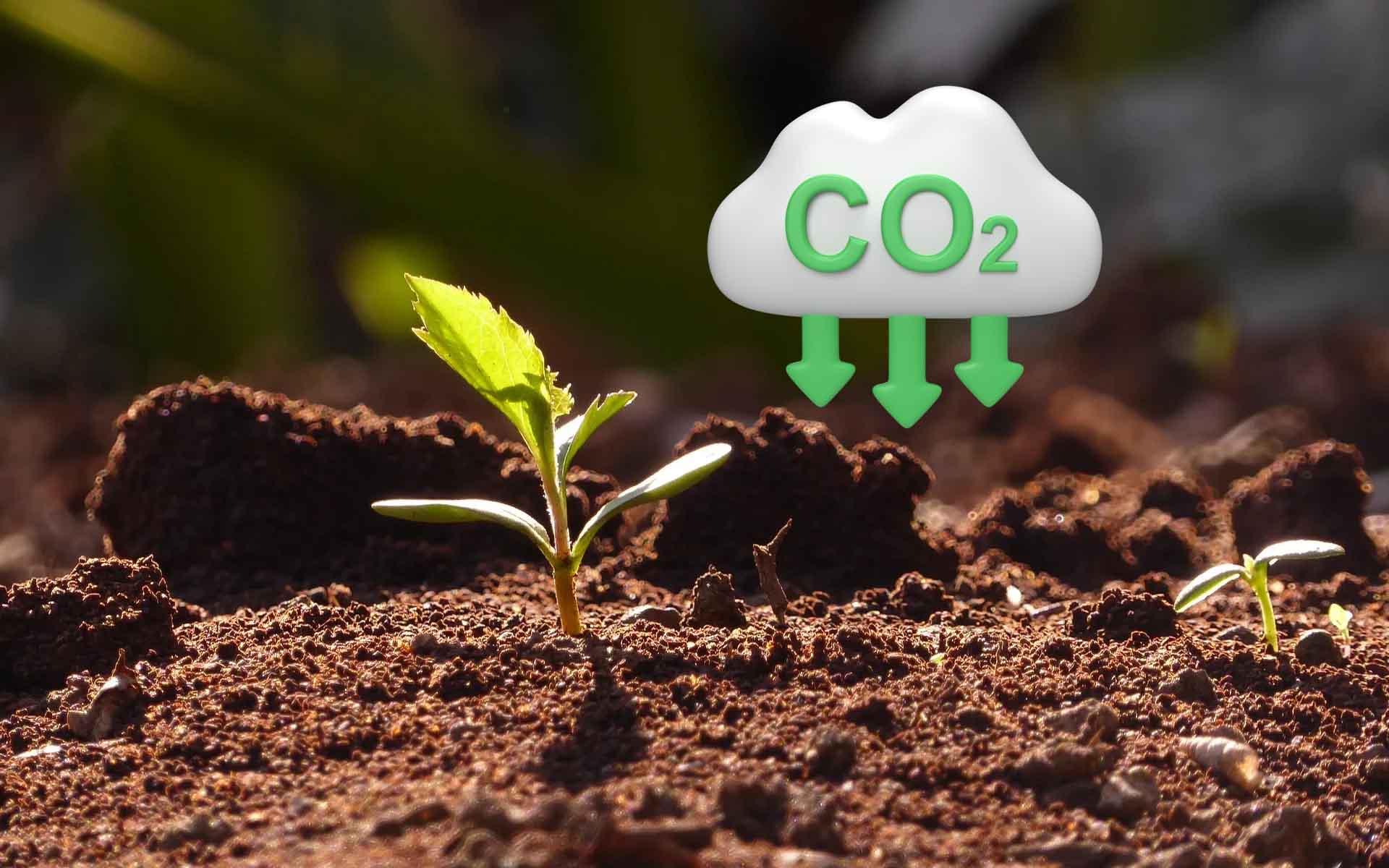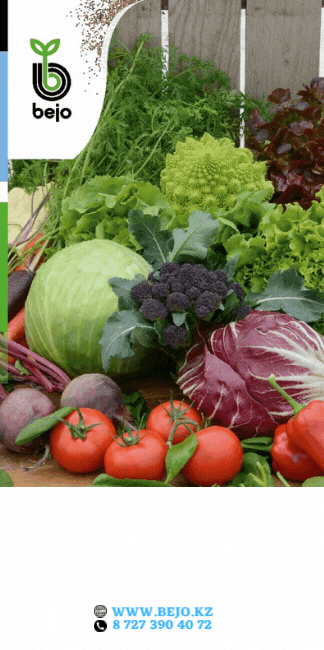
The government of Kazakhstan is increasingly talking about controlling carbon emissions. As such, domestic farmers will have to reduce carbon waste in the future. But it should be realized that soil can be both a source as well as an absorbent of emissions, World of NAN reports.
The agriculture sector accounts for about a third of global greenhouse gas emissions. However, soil is the largest store of carbon, absorbing nearly three times more carbon than above-ground biomass and twice as much as the atmosphere.
Scientists predict that with sustainable agriculture, Kazakhstan could absorb 13-27 megatons of carbon annually. This places the country 16th in the world in terms of sequestration potential. But to realize this potential, farmers need to move away from traditional farming methods.
Extensive research has shown that soil management practices such as organic fertilizers, intercropping, mulching, conservation tillage, agroforestry and species-rich crop rotations can significantly increase the carbon content of agricultural soils.
Naturally, the transition process is a very costly and challenging endeavor. However, farmers need to realize that their activities are leading to climate change and the death of the planet. And the government needs to become even more aware of this, as it needs to develop a strategy to reward farms that contribute to reducing carbon emissions.
Смотрите больше интересных агроновостей Казахстана на нашем канале telegram,
узнавайте о важных событиях в facebook и подписывайтесь на youtube канал и instagram.









































Обсуждение